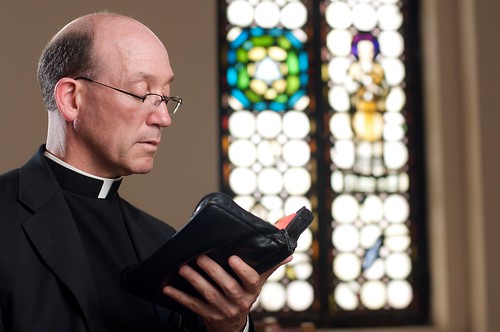GPLv2, Red Hat, and You
(See update at the bottom of this post)
One of the interesting outcomes of the Red Hat situation:
Distribution of GPLv2-licensed code requires no restrictions be placed on downstream users rights to use and redistribute the code (whether they obtained it freely or paid for access):
Each time you redistribute the Program (or any work based on the Program), the recipient automatically receives a license from the original licensor to copy, distribute or modify the Program subject to these terms and conditions. You may not impose any further restrictions on the recipients exercise of the rights granted herein.
Does threatening retaliation (account suspension) for sharing code count as a 'restriction' on exercising a user's rights?
So far I've heard from three corporate open source licensing experts the answer is no.
According to them, the EULA only deals with an account-holder's ability to acquire services from Red Hat (a contract).
